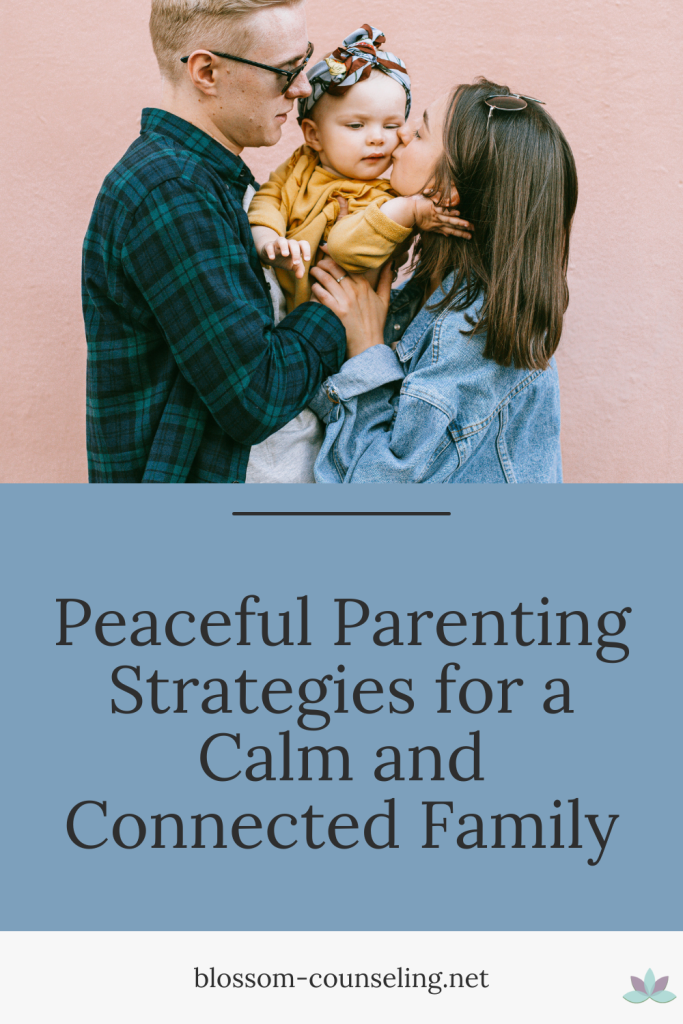Picture this: you’re in the middle of a casual conversation when someone makes an offhand comment. Before you know it, your pulse quickens, your chest feels tight, and you snap back with something you regret almost immediately. Later, you replay the situation in your head, wondering, Why did I react so strongly?
Emotional reactivity—when our feelings take the wheel before we can think things through—is something we all experience at times. However, when it starts to impact our relationships, work, or general sense of well-being, it might be worth examining more closely.
What Is Emotional Reactivity?
Emotional reactivity is the tendency to respond to situations with intense emotions, often in a way that feels automatic or disproportionate. It’s not inherently bad—our emotions are essential signals about our needs and boundaries. But when those signals feel like blaring sirens for every minor inconvenience or disagreement, it might be a sign to dig a little deeper.
Signs You Might Be Struggling with Emotional Reactivity
1. Frequent Overreactions
Ever find yourself flying off the handle over something that, in hindsight, feels minor? Overreactions can stem from unresolved stress, past trauma, or simply feeling overwhelmed. These responses are like emotional echoes—louder than the situation calls for because they’re amplified by past experiences.
2. Difficulty Letting Go of Grudges
If you often feel stuck replaying hurtful events or harbor resentment long after an issue is resolved, it could be a sign that your emotions are working overtime. Holding onto emotional residue can make it harder to respond calmly in future interactions.
3. Strained Relationships
Emotional reactivity can put stress on relationships, especially when loved ones feel like they’re walking on eggshells around you. If arguments escalate quickly or you’re often apologizing for hurtful words said in the heat of the moment, it’s worth reflecting on the role of emotional reactivity.
4. Physical Symptoms During Conflict
Our bodies don’t lie. If your heart races, your hands shake, or you feel like you’re burning up during tense moments, those physical symptoms might be clues that your emotions are in overdrive.
5. Feeling Drained or Burned Out
Constantly riding the emotional roller coaster can be exhausting. If you’re feeling drained and find yourself avoiding situations to sidestep emotional triggers, it could signal that your reactivity is taking a toll on your mental and physical health.
Why Does This Happen?
Emotional reactivity often has deep roots. It might be linked to how we were taught (or not taught) to process emotions growing up, unresolved past traumas, or even biological factors like heightened sensitivity in certain parts of the brain. Stress and fatigue can also amplify reactivity, making it harder to think clearly before we respond.
How to Start Working on It
Developing greater emotional awareness and regulation is a process, not a quick fix. Start by paying attention to patterns. When do you tend to feel reactive? What kinds of situations or comments set you off?
Practicing mindfulness can also help you slow down the reaction cycle. Learning to pause and breathe before responding creates space for more intentional choices. Over time, therapy can be an invaluable resource for unpacking the underlying causes of emotional reactivity and building healthier coping mechanisms.
Understanding emotional reactivity isn’t about labeling yourself as “too sensitive” or “too much.” It’s about noticing when your emotions are trying to protect you—and learning how to channel that energy in ways that feel empowering rather than overwhelming. After all, the goal isn’t to shut down your emotions but to harness their strength in a way that serves you.




